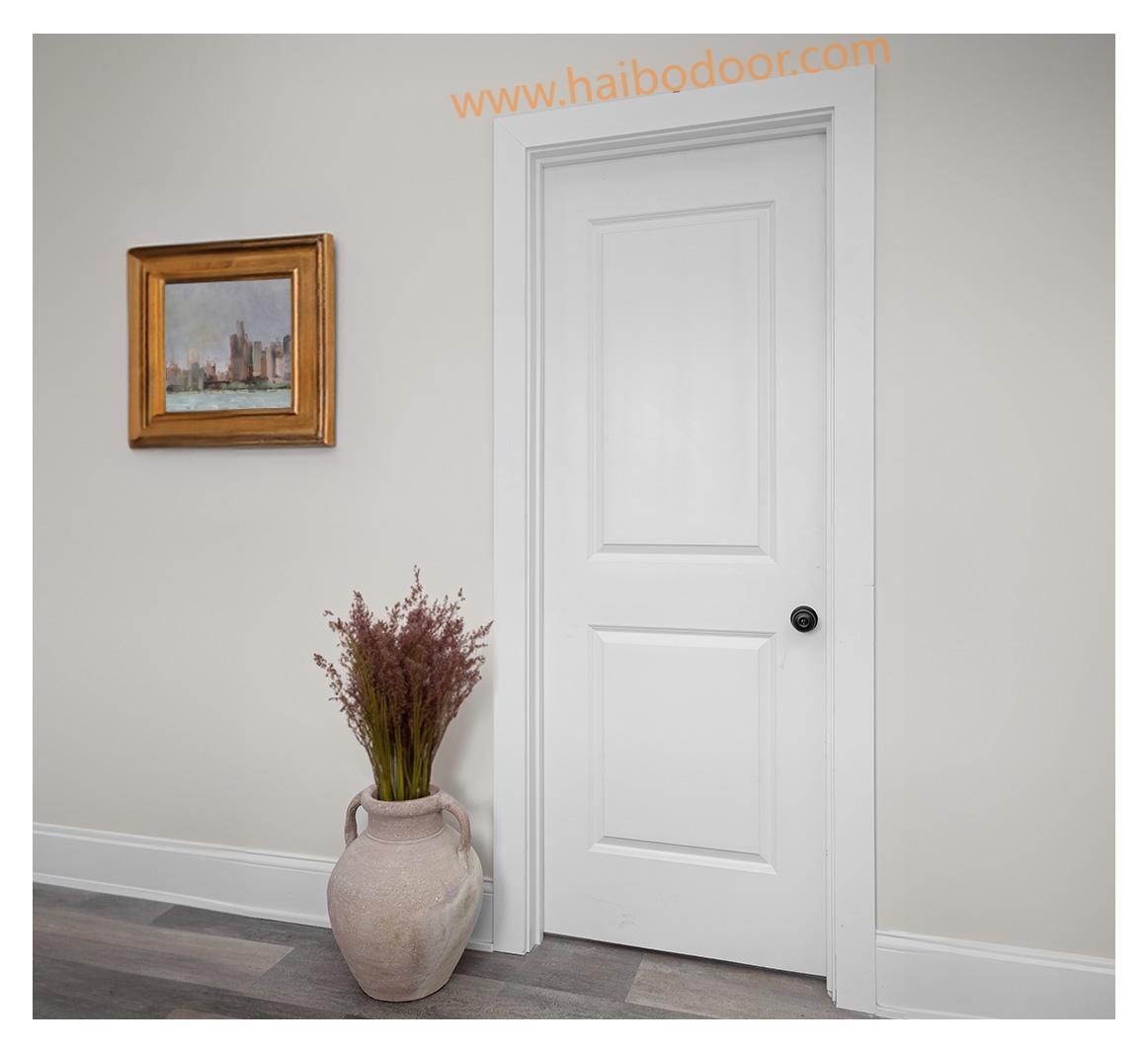Interior doors are more than just barriers between rooms—they're design elements that influence how your home looks and feels. This FAQ guide will walk you through the most common questions homeowners ask when selecting interior doors. Insights are drawn from the experience of a trusted Interior Door Factory , making these answers both practical and easy to apply.
What materials are best for interior doors?
Interior doors come in a variety of materials, each suited for different needs. Solid wood offers a premium look and excellent sound insulation but comes at a higher cost. Medium-density fiberboard (MDF) is more budget-friendly and allows for smooth finishes and paint. PVC and WPC doors are moisture-resistant and ideal for bathrooms or kitchens. The right material depends on your priorities—style, durability, or affordability.
How do I choose the right door color for my room?
Start by considering your wall and floor colors. If your room has neutral tones, a bold door can create contrast. For more colorful interiors, opt for subtle door shades like white, beige, or light oak. Matching the door to your furniture finishes also ensures a cohesive look. Many modern interior doors are available in a range of laminate, painted, or wood-effect finishes to suit any decor style.
Do different rooms require different types of doors?
Yes. For instance, bathrooms need doors that can resist humidity—PVC or WPC doors are excellent here. Bedrooms benefit from solid or semi-solid doors that offer better acoustic privacy. Sliding doors or pocket doors are great space-savers in tight areas like laundry rooms or pantries. A well-established Interior Door Factory often provides collections designed for specific room functions.
Can one door style work throughout the house?
It’s possible and often desirable to use a consistent style to create harmony. However, small adjustments in finish or detailing between private and shared spaces can help define function without disrupting the flow. For example, you might use the same panel design but choose a matte finish in bedrooms and a gloss finish in hallways.
Are soundproof doors necessary for home interiors?
Not always, but they are valuable in certain spaces. If you work from home, have children, or share walls with neighbors, upgrading to sound-insulating doors makes a noticeable difference. Look for options with solid cores or acoustic-rated materials for improved noise reduction.
If you're ready to explore interior door options for your home, you can browse a wide selection of designs and finishes at https://www.haibodoor.com/product/pvc-interior-doors/, where style and performance meet.
